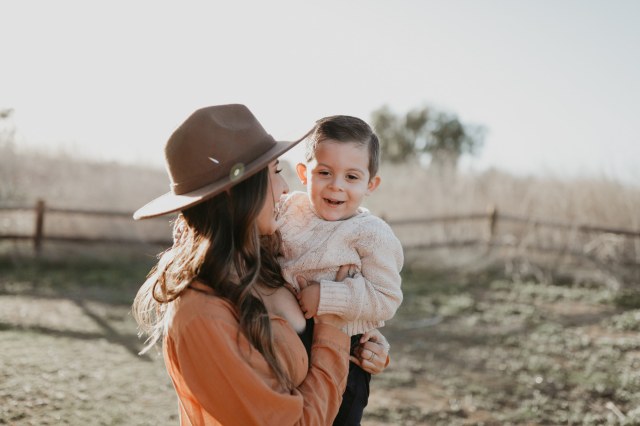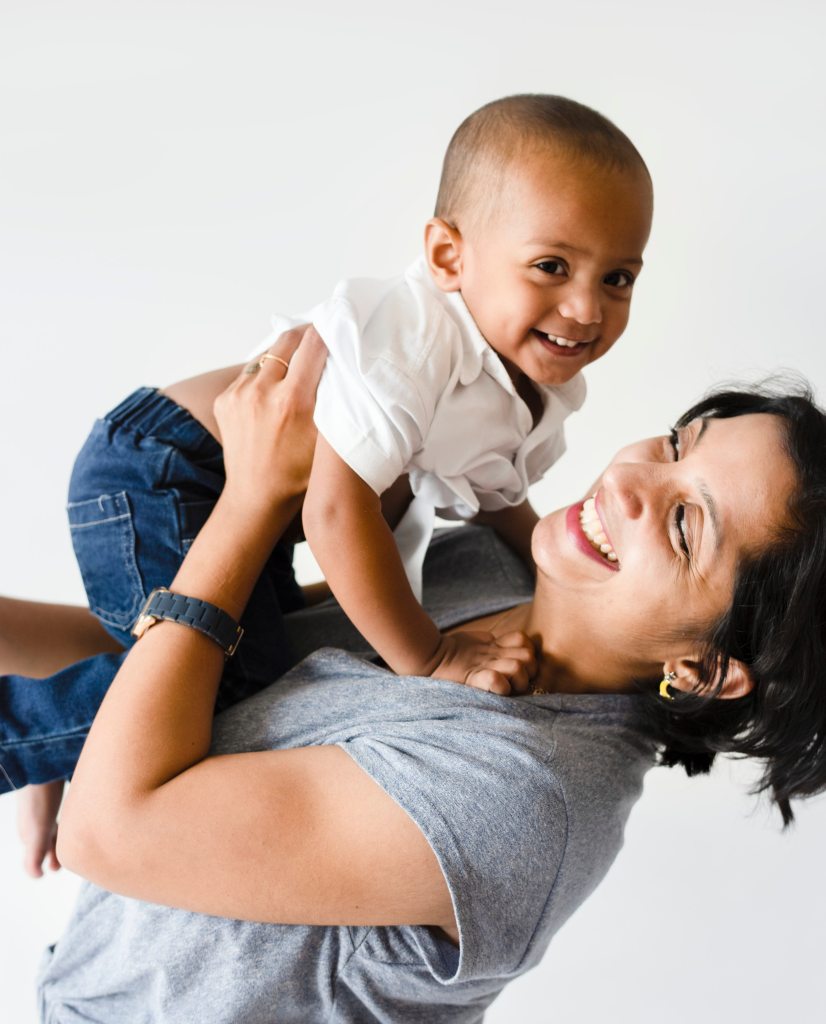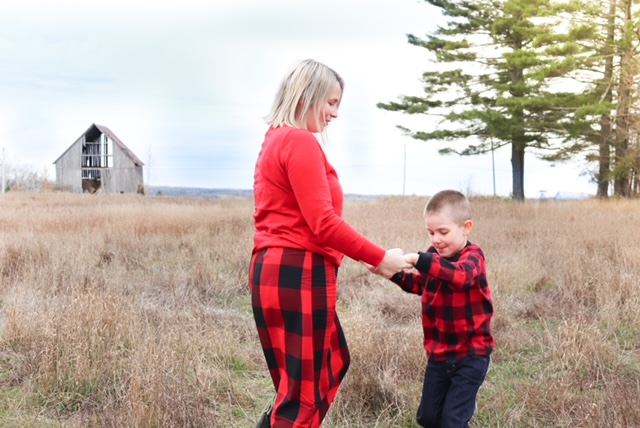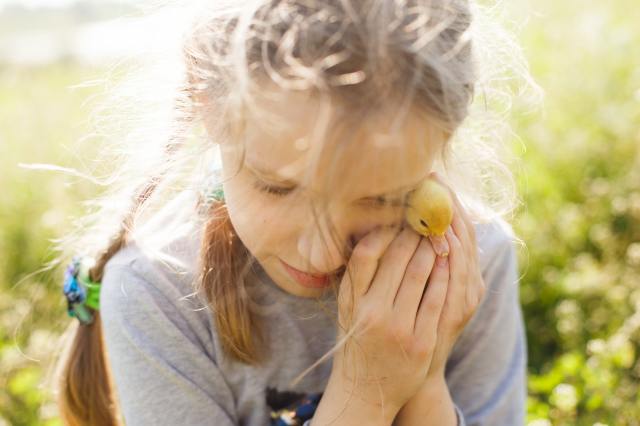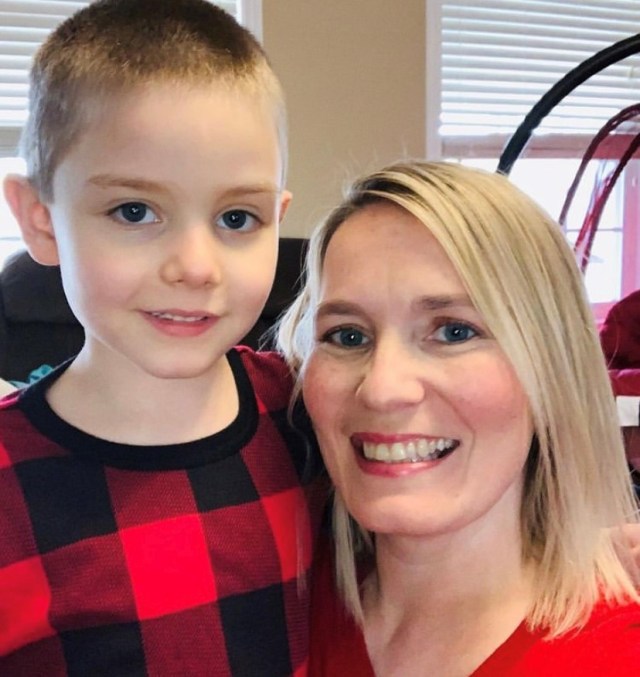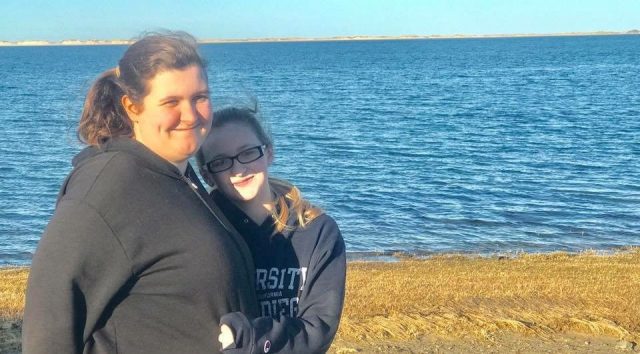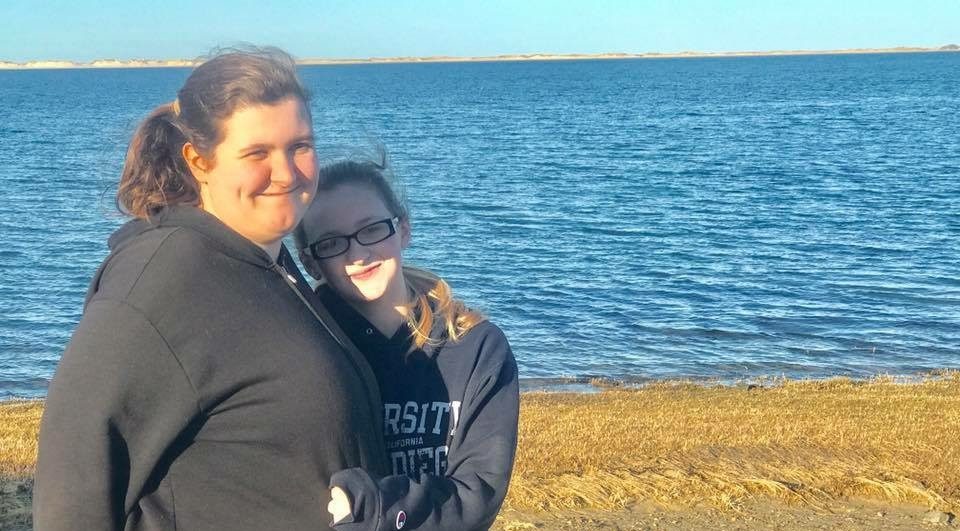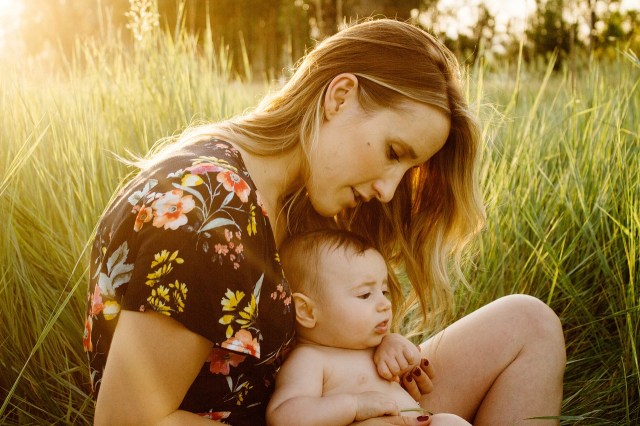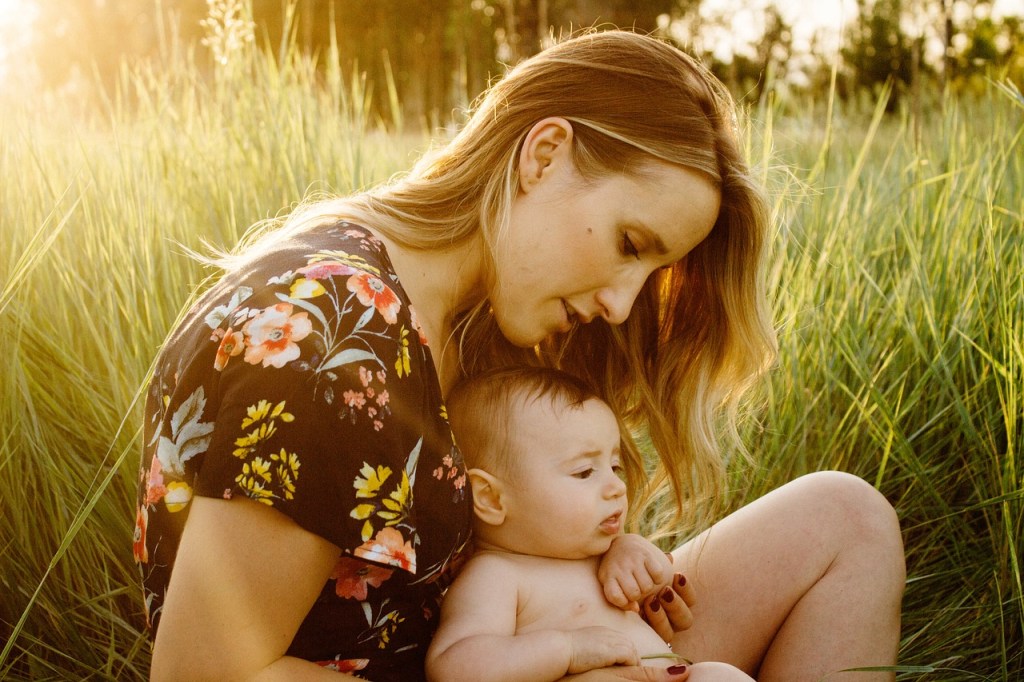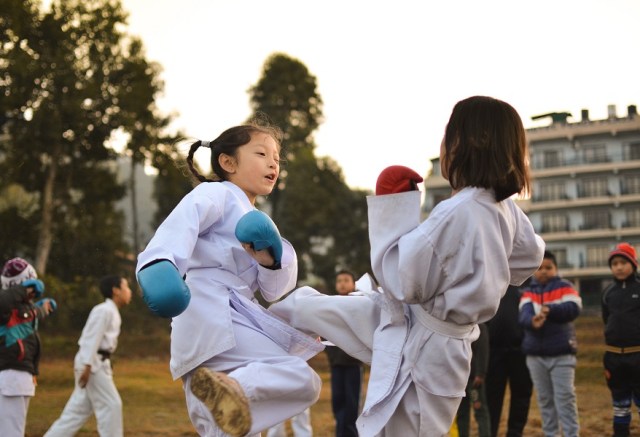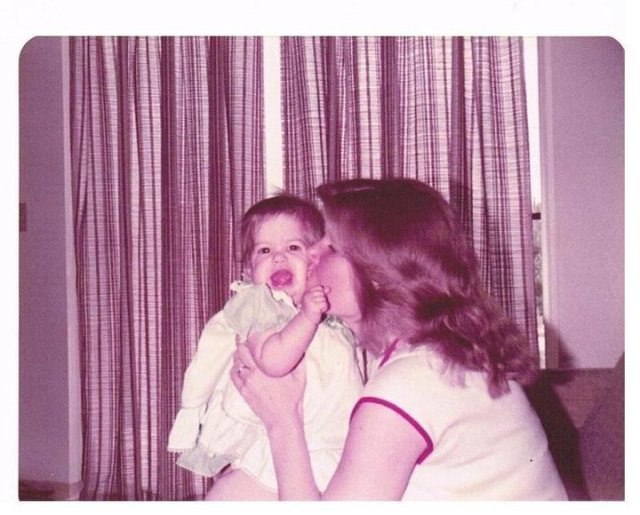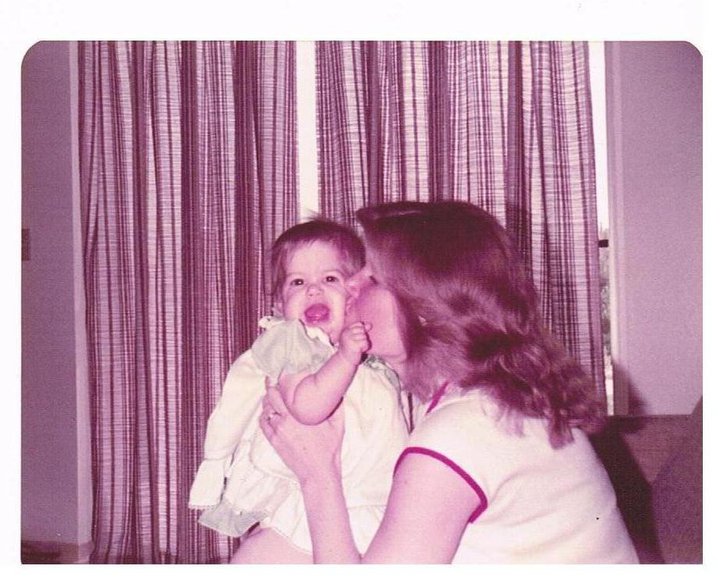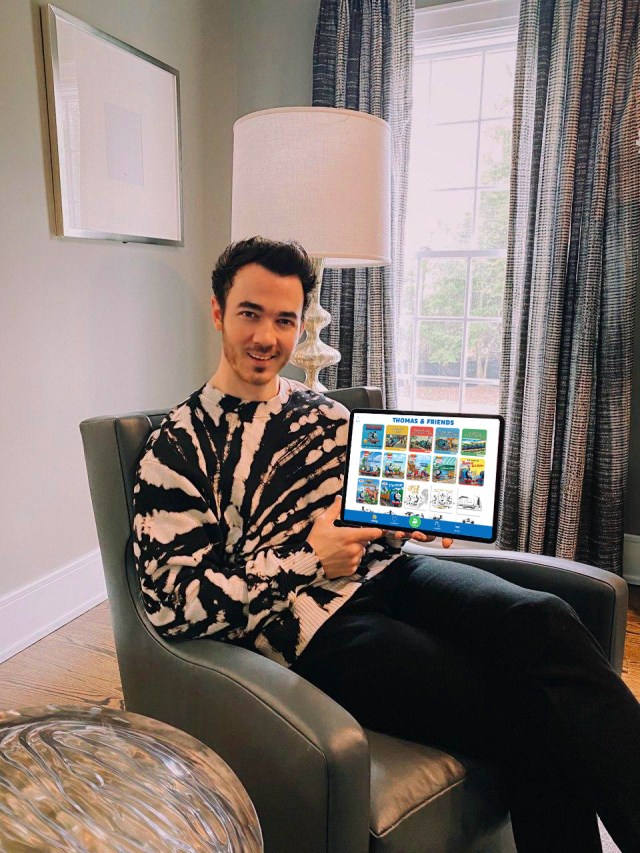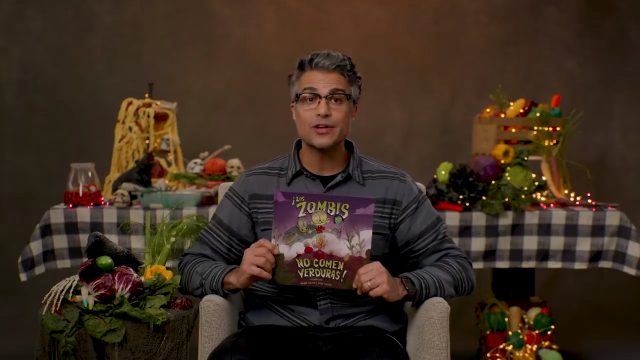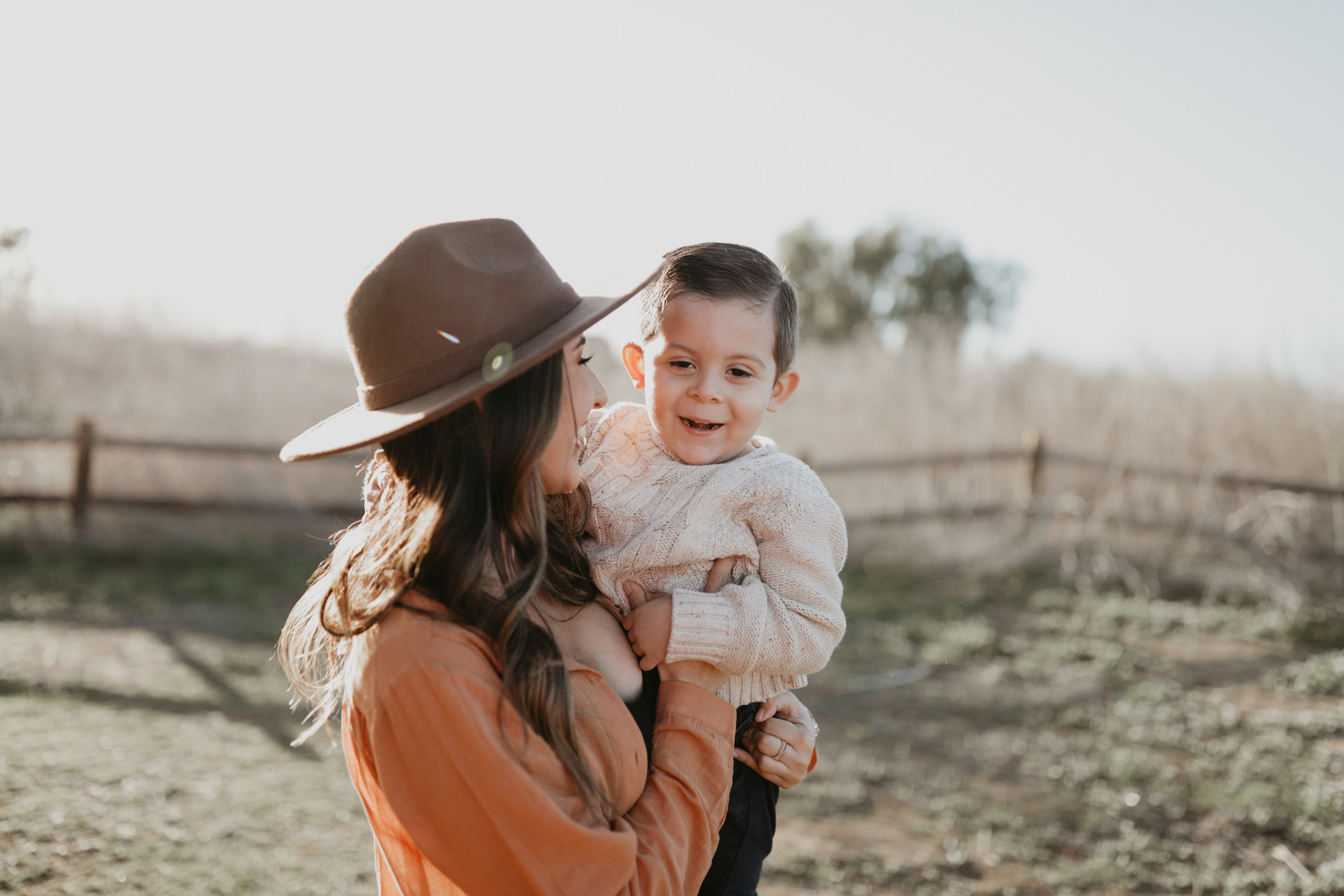
To the mom going through a diagnosis during a global pandemic, I know right now your world feels like you’re walking a new planet. It feels scary, isolating, and so lonely.
It feels like you’re drowning in the depths of the biggest oceans, gasping for air each time you come up to the surface, only to be pulled right back down by its powerful current. Screaming for help each time you reach to the surface, only to see there is no life raft in sight. There is no help coming, there is no one to rescue you. The extensive waitlists, the endless amount of phone calls with no responses for weeks on end, and don’t get me started with the amount of hours on Zoom.
I promise you are not alone. You see, my son Kanen is almost 3 years old. He has the biggest brown eyes that light up like the Aurora Borealis anytime a truck, plane, or bus passes by. He has a smile that shines as bright as a full moon on a dark and cold winter night. He also was diagnosed with severe, non-verbal autism in September of 2020. Going through the diagnosis process at any point in life is not for the weak hearted, but especially not during a global pandemic. While others are fighting for toilet paper off the shelves, and others are angry that their travel plans have come to halt, our worries become much bigger, and yet feel so little to the rest of the world. One day, we went from mom’s chasing our children on the playground, to the next day becoming camerawoman for what feels like a reality TV show. But instead shooting MTV’s next biggest show of rowdy 20 year olds living in one house, we’re chasing children around our homes using our computers and phones, praying that the person on the other side can get an appropriate evaluation. Hoping that they’ll catch a glimpse of all the hard we witness everyday. The hard that lead us to this point in our life, seeking a diagnosis.
One might assume after a diagnosis that your days of being camerawomen would be over, but in all honesty they might have just began. Thearpy that was once in person is now all via Zoom. For most of us, we don’t have the option of in person or Telehealth. We are given what we are given, and are expected to not throw a fit. At first you are going to ask yourself more than you want to admit if you’re capable of this. If you are capable of not only being your child’s mother, but their teacher, their therapist, their advocate, and most importantly their camerawoman.
I want to let you know you are capable, you are the only one who is. You will learn through this journey that you are your child’s person, you are their safe space. When their world feels too overwhelming and chaotic, only you mama will know how to center them. And you might learn along the way they are all that for you to, and even more. You will become a jack of all trades, master of none, but better than one.
I never imagined a time in my life where I would be seeking a diagnosis for my only son during a pandemic, but I’m thankful I did. I’m thankful I didn’t give up when I felt like the rest of the world was. When the rest of the world was giving up on the services he most needed, I didn’t. I’m not saying it’s going to be easy, but now a year into this, I promise it does get better because you mama will become stronger through the process. You will find a strength in you no others before or after us will ever experience, because we have faced a global pandemic while fighting for a diagnosis for our child and all the services they need after. Wear that badge of honor with pride! I want to remind you that you are never alone I see you, I hear you, and I’ll always be here to throw a life raft whenever you need it.
With love,
A fellow Mom
